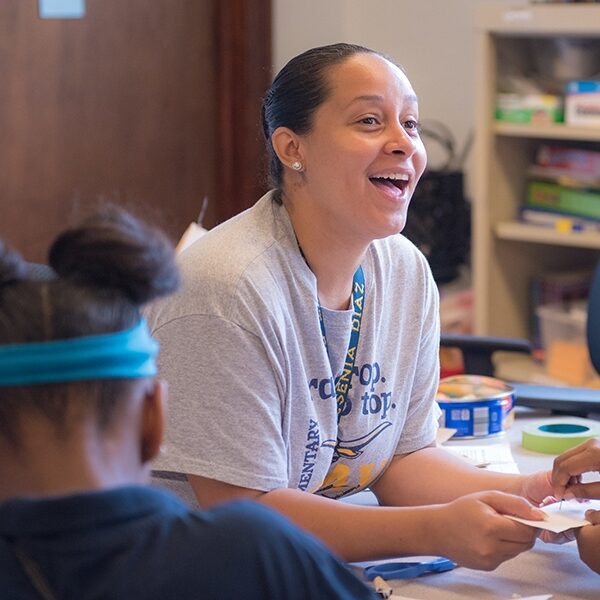
In June 2018, The Learning Accelerator (TLA) launched the Innovation Directors Network (IDN), a small but powerful group of school system leaders. These individuals sit at the nexus of academic and operational change, leading efforts to seed, test, and scale innovative instructional approaches across schools in their district or networks. Their stories and experiences offer critical insights about how they are successful in this work, and the challenges they face along the way. During our inaugural IDN convening, some key patterns emerged around the critical competencies and capacities participants found essential to their success in driving innovative work.
So, what does it take to lead innovation efforts across a system? As many would guess, given the nature of the work, the capacities these leaders bring go well beyond the necessary technical knowledge. Whether you’re interested in growing your own skills or finding the perfect person to work in your system to do the job, the following competencies should be considered essential ingredients for any leader in this type of role.
- Relationship building: The ability to leverage and engage multiple stakeholders to build capacity and expertise of those within their network. To do this successfully, leaders need to see the work from multiple perspectives, by leaning on their own experiences, while also highlighting ways to engage participants on all levels in a thoughtful manner. When supporting their districts/CMOs, they also approach their work as a collaborative effort where they are a support and not an intruder. This is important because it builds a community around change as opposed to one individual attempting to spearhead innovation in isolation.
- Strategic thinking: The ability to recognize where and who to target when. Many times this means taking a step back and looking down from the 30,000-foot level to identify low hanging fruit and paths of least resistance to get change moving. (For example, making sure change work highlights practice first and technology second, or piloting/prototyping a big idea in bite-sized chunks). Support must match not only the need, but also who needs it, because that is where real buy-in and shared ownership happens.
- Future focus: The ability to see the long game and how all of the pieces work together in the short and long term to support larger change. To be successful, leaders need to not get pulled down by daily challenges but instead focus on the ultimate goal they are working towards. Sometimes this means being optimistic in the face of adversity and/or giving stakeholders a clear vision of where the work is going. This is critical to innovative change because it can take a long time, so focusing on the future and not being bogged down by the present is instrumental to successful implementation.
- Sustaining passion for mission: The ability to not only stay passionate about the big picture, improving education for all, but also to share that passion with those around them. This means being able to see the ultimate goal and recognize the impact small changes make on the educational ecosystem as a whole. Each leader truly illustrates this by how they talk about their students, their network, and their community. This passion is contagious and can be a true catalyst for change.
- Ability to find and connect with external supports: Knowing how to identify and connect with the right external supports is key for system leaders. It not only allows them to expand their own capacity and expertise but also build a network of supports to lean on when needed. These external supports can be professional service organizations, communities of practice, and even individuals – anyone who can lend a hand when leaders face challenges, barriers, and/or questions.
- Commitment to ensuring equitable access to technology: The ability to connect their district/CMO to essential infrastructure including internet, hardware, and software is vital for system leaders. Without ensuring equitable connectivity and access, it is difficult to successfully implement blended/personalized learning practices and innovation at scale.
As you can see, these critical capacities hit on the high need for non-cognitive skills over quantitative requirements (e.g., years of experience as a leader, masters degree, years of experience in the classroom). When spearheading innovation there are many other, less-technical skills needed to navigate systems of change, especially when you are notoriously the first person to even dive into those innovative waters. If you have any feedback and/or additions, please reach out to stephen.pham@learningaccelerator.org.

